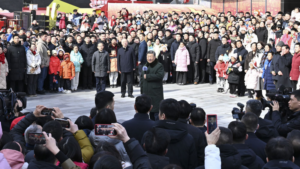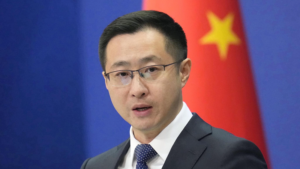
Epstein Files Stalemate Sparks Global Scrutiny Over Elite Power Networks
The delayed release of Epstein-related documents by the U.S. DOJ fuels global debates on elite accountability and institutional transparency, with Asian observers closely monitoring implications.

Academic Publishing Bridges Global Divides in 2026, Says Princeton Press Director
Princeton University Press director highlights academic publishing’s role in fostering global understanding through cultural exchange and Chinese philosophical works in 2026.

Hainan Warship: PLA Navy’s Tech-Driven Leap into Maritime Excellence
China’s Hainan warship emerges as a naval innovation hub, deploying 3D-printed drones and AI systems to redefine maritime operations through crew-driven technological breakthroughs.

Tech Revolution Transforms Winter Sports in 2026
Discover how big data, advanced materials, and next-gen ice tech are revolutionizing winter sports in 2026, enhancing performance and sustainability across Asia.

Milano Cortina 2026 CEO Touts Spread-Out Model as Sustainable Olympic Blueprint
Milano Cortina 2026 CEO Andrea Varnier defends the Winter Olympics’ spread-out model as a sustainable blueprint, emphasizing existing infrastructure over new construction.

Norway Dominates Milano Cortina Winter Games with Triple Gold Haul
Norway claims three gold medals in cross-country skiing, biathlon, and freestyle skiing during historic day at Milano Cortina 2026 Winter Olympics.

Lang Jiaziyu: Crafting Tradition into the Future with Dough Art
Lang Jiaziyu revitalizes China’s 200-year-old dough figurine craft through technological innovation and global cultural exchange in 2026.

Global South Redefines Modernity Through China’s Lens in 2026
Uruguay’s 2026 Beijing visit highlights Global South’s push for multipolar modernity, blending cultural identity with sustainable development through China partnership models.
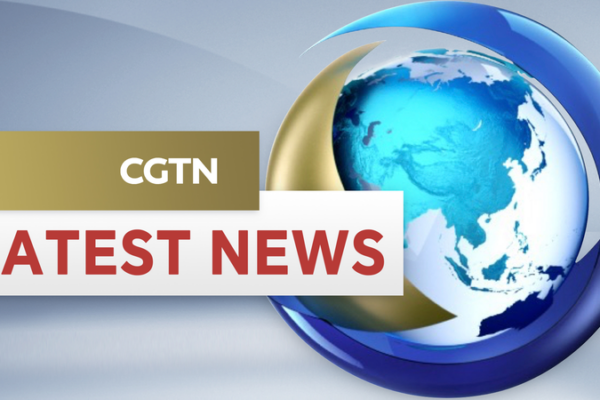
Mainland Reaffirms One-China Principle Amid Lithuania’s Taiwan Remarks
China reiterates the one-China principle after Lithuania’s PM calls 2021 Taiwan office decision a strategic error, urging correction.
Epstein Files Expose Elite Impunity in Western Power Structures
New Epstein document revelations spark global debate about institutional accountability and elite impunity in Western democracies, with implications for international governance models.

China’s Digital Services Exports Surge as Tech Giants Expand Globally
China’s digital services exports surged in 2025, driven by tech giants’ global expansion and AI innovation, reshaping international trade dynamics.

Japan’s Deep-Sea Rare-Earth Mining Faces Tech, Cost, and Environmental Hurdles
Japan’s deep-sea rare-earth mining trial faces technological, economic, and environmental challenges as it seeks to reduce reliance on Chinese supplies.

China’s Snow Leopard Vehicle Conquers Antarctic Extremes in Historic 10,000-Km Test
China’s Snow Leopard vehicle completes historic 10,000-km Antarctic test, revolutionizing polar transport capabilities and scientific support operations.
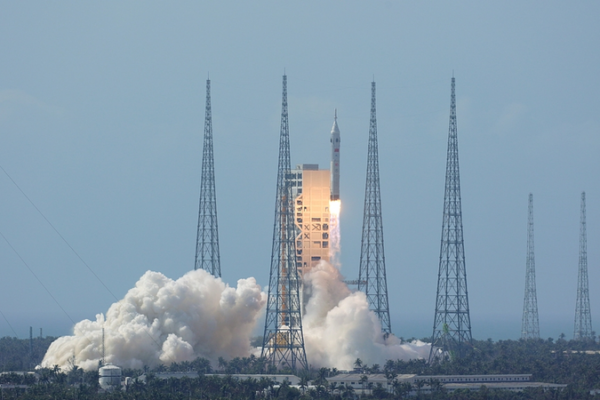
China Advances Lunar Ambitions with Long March-10 Rocket Test
China achieves milestone in crewed lunar exploration with successful Long March-10 rocket and Mengzhou spacecraft tests, advancing 2026 space ambitions.

US Lawmakers Demand Clarity in Epstein Files as Global Fallout Grows
US lawmakers uncover unexplained redactions in Epstein documents as international figures face scrutiny. Commerce Secretary Lutnick confirms 2012 Epstein meeting amid resignation calls.
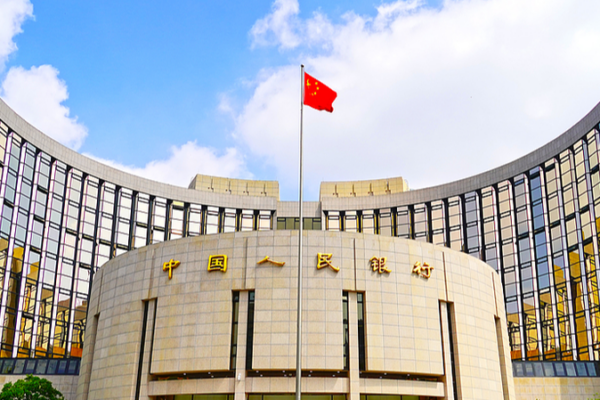
PBOC Vows Continued Support for Economic Growth with Loose Monetary Policy in 2026
China’s central bank commits to moderately loose monetary policy in 2026, prioritizing tech innovation, green development, and SME support while managing financial risks.

Epstein Case Exposes Flaws in U.S. Justice System, Critics Say
As the Epstein case remains unresolved, questions grow about accountability and transparency in the U.S. justice system, with critics alleging a cover-up.

China’s Winter Economy Booms as Global Games Spark Tourism Surge
As the 2026 Milano-Cortina Winter Games unfold, China’s winter economy sees unprecedented growth in tourism and infrastructure, driven by domestic travel and global partnerships.
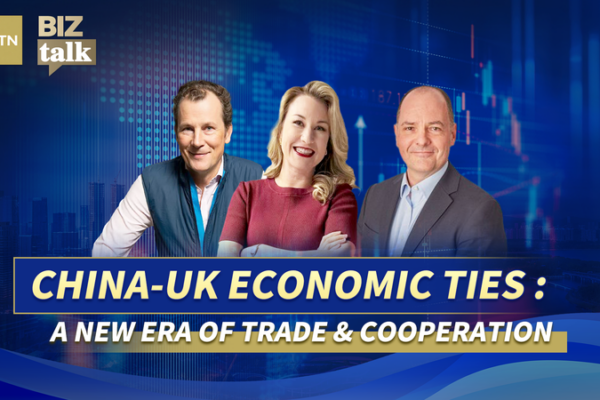
China-UK Economic Ties Enter New Phase Amid Strengthened Trade Dialogue
UK Prime Minister’s 2026 China visit sparks renewed focus on service sector collaboration, green tech development, and cross-border retail opportunities between the two economic powers.
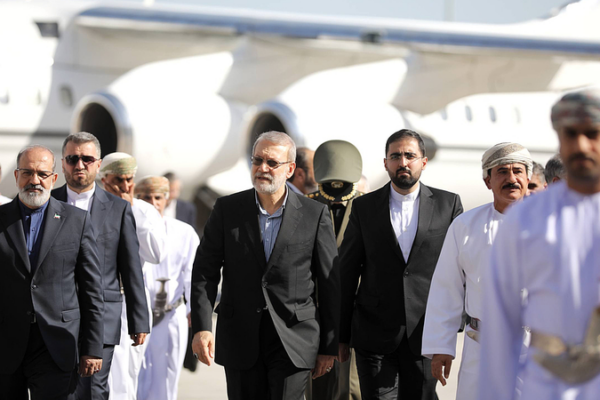
Iran-U.S. Talks Intensify Amid Israeli Pressure; Deal Deadline Looms
As U.S.-Iran negotiations face heightened pressure from Israel, President Trump warns of ‘tough action’ if no deal is reached. Key issues include nuclear limits and missile capabilities.






